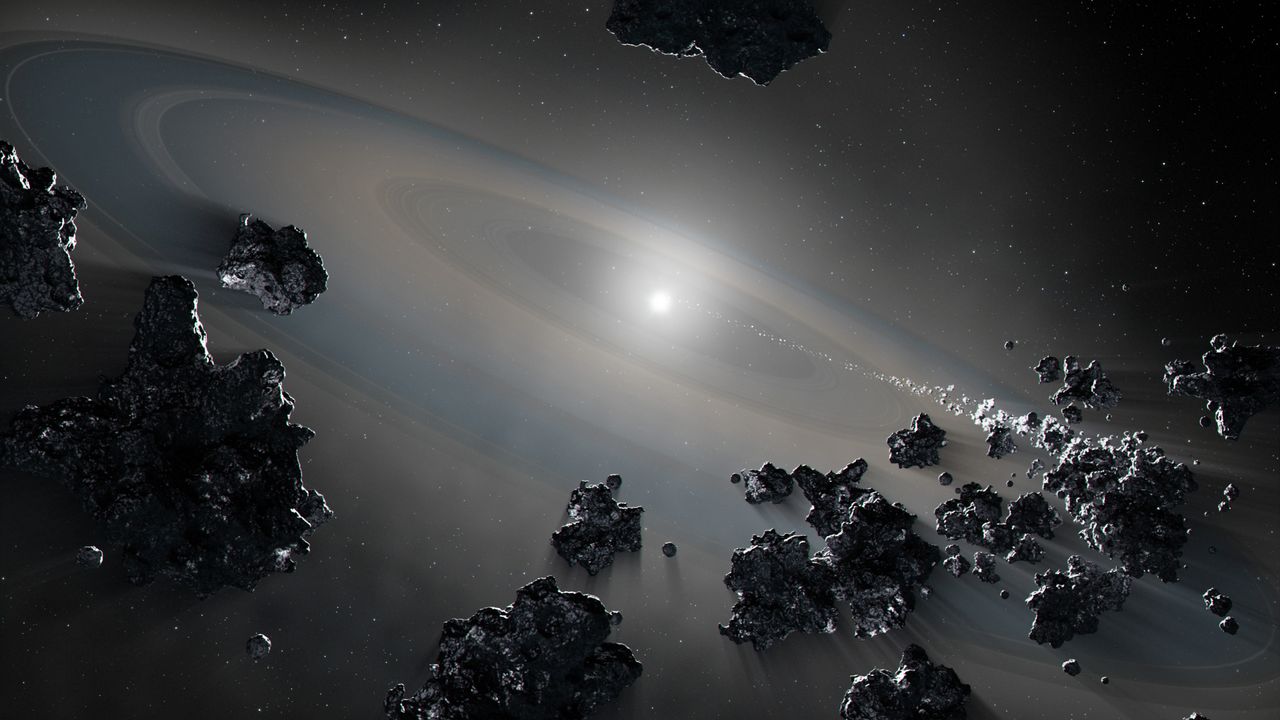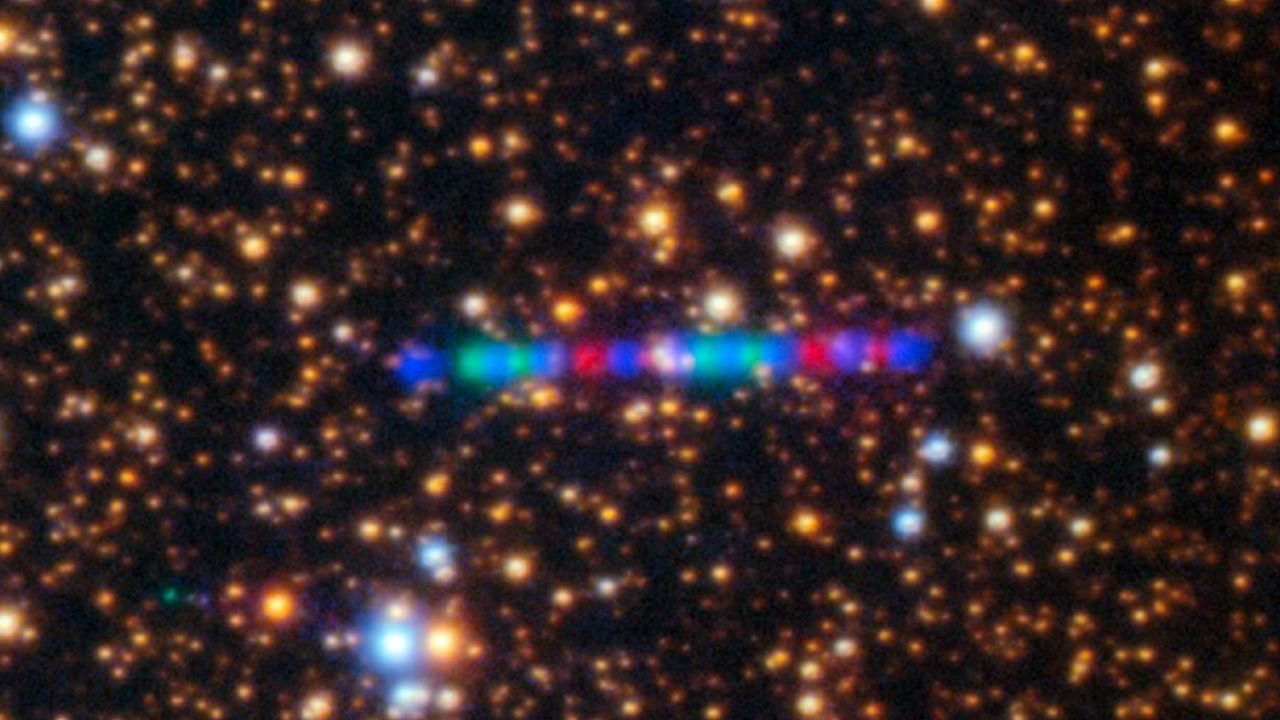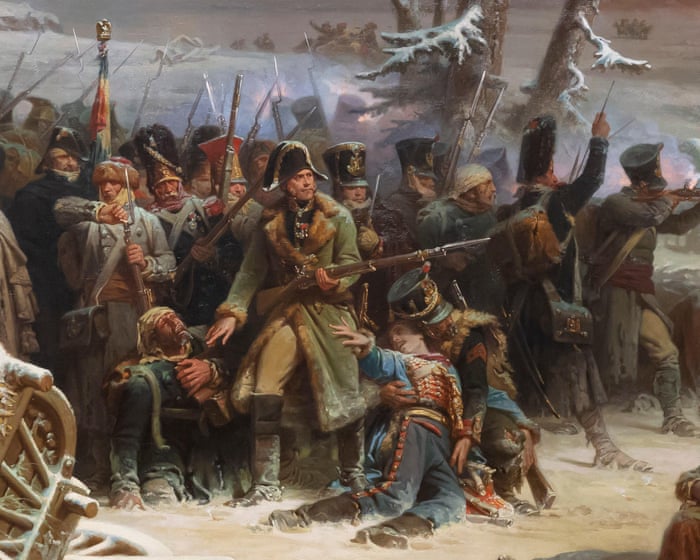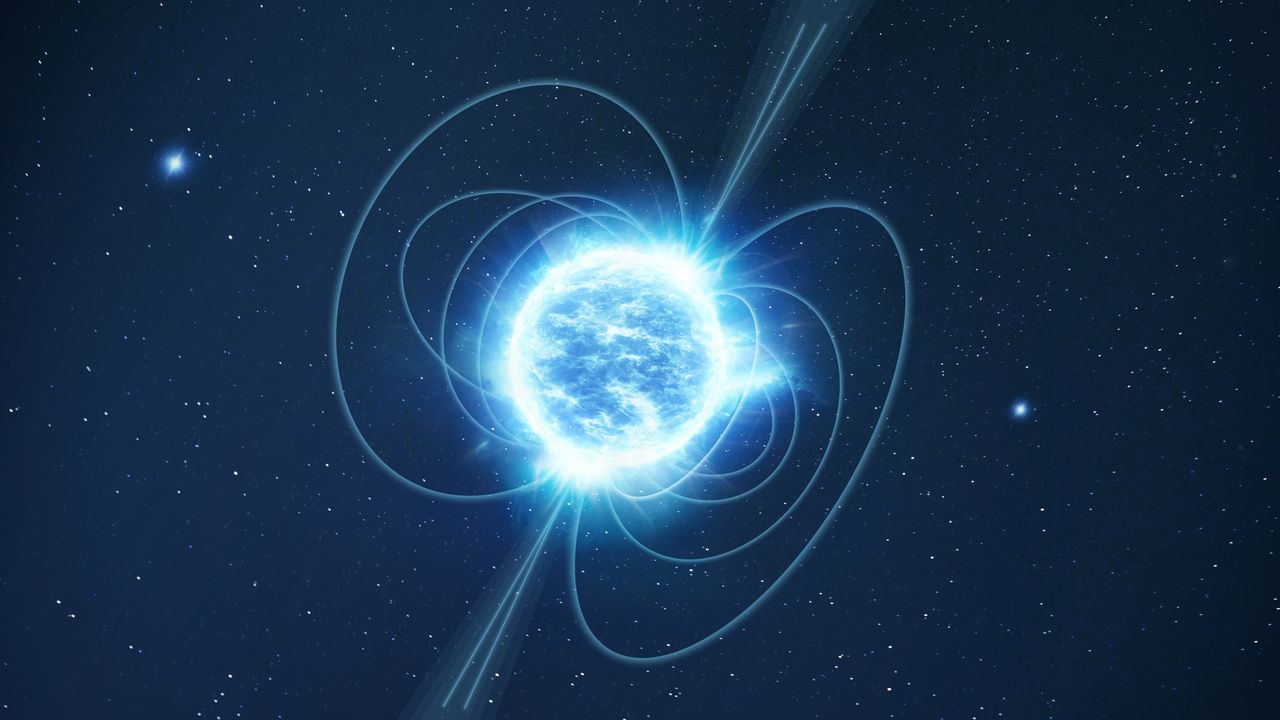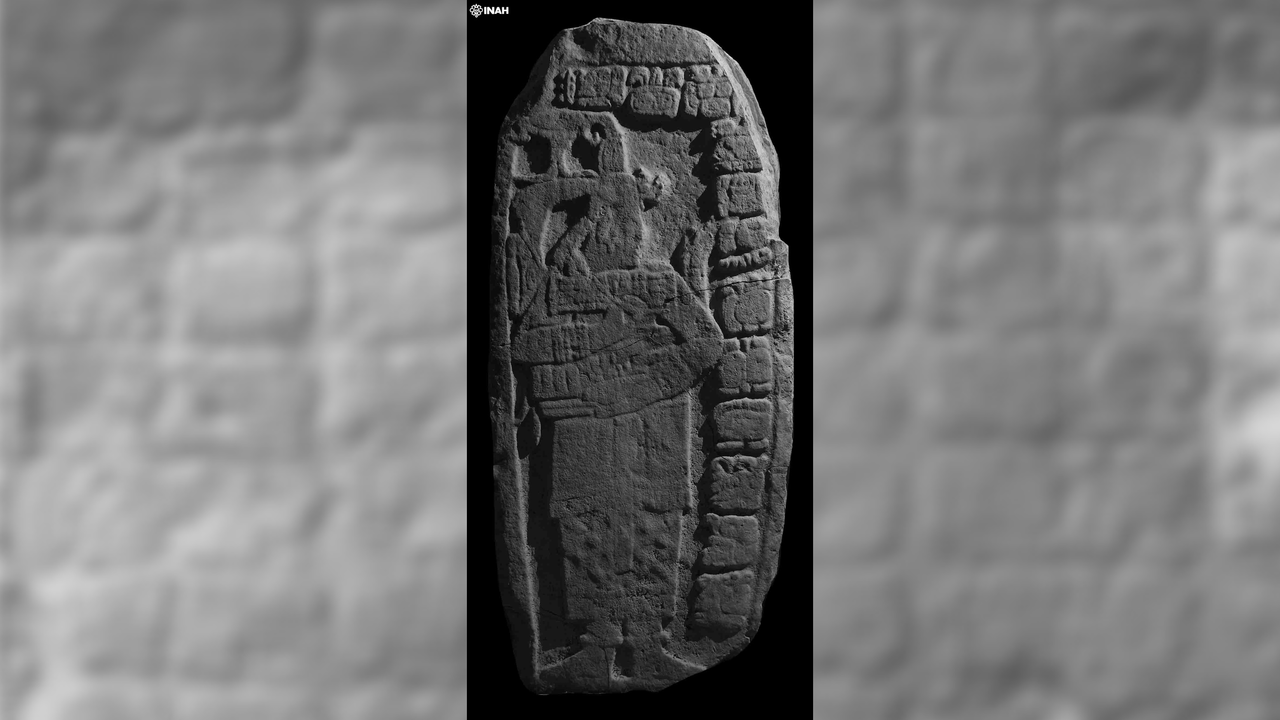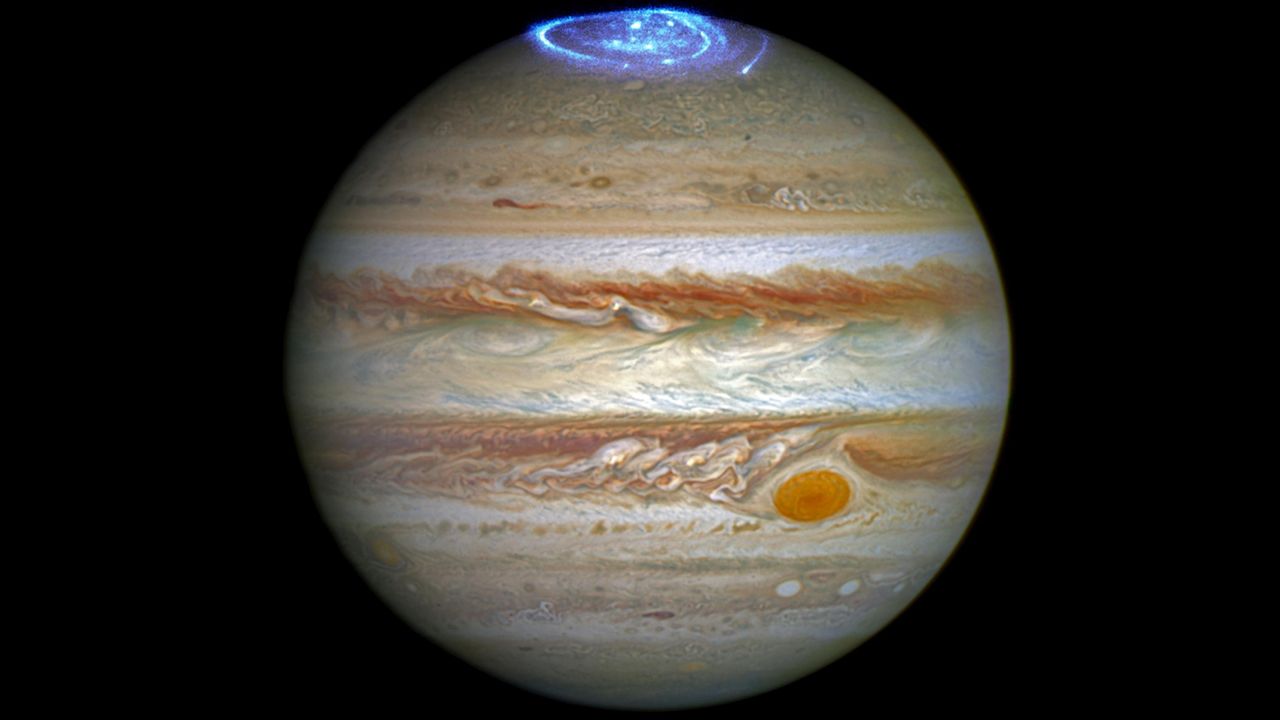Satellite photos show White House East Wing demolished to make way for Trump ballroom
NeutralScience
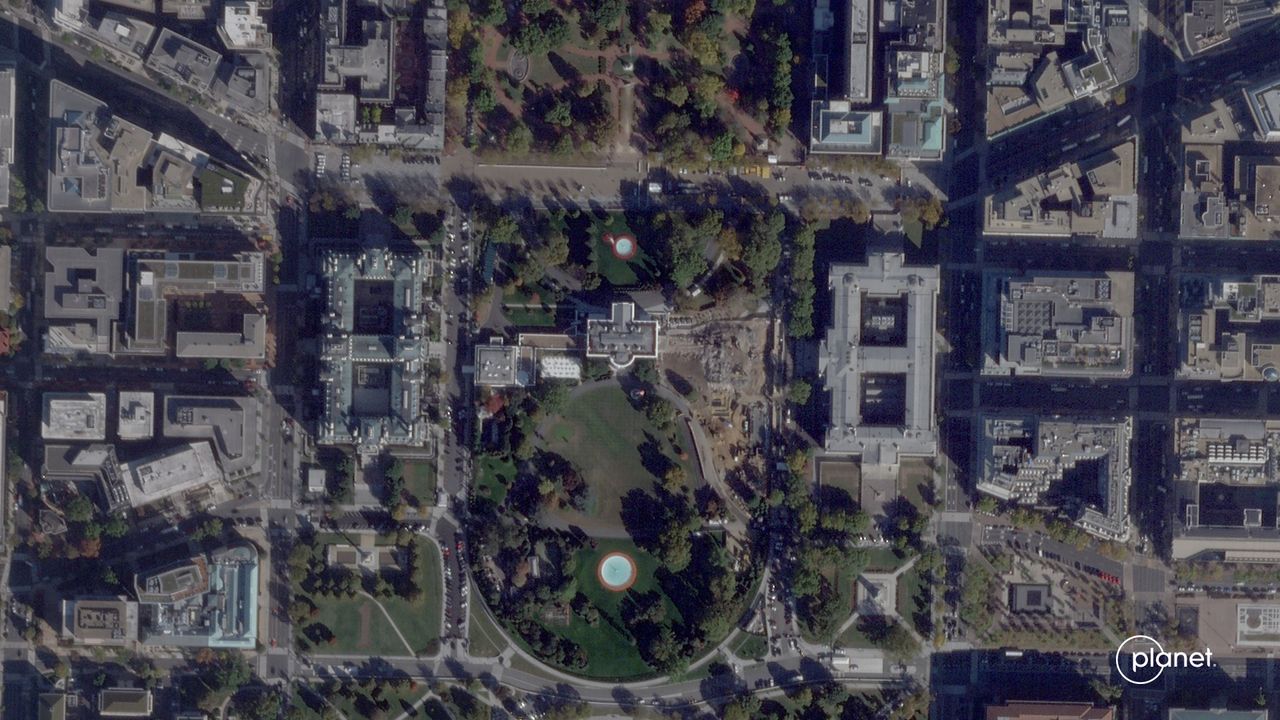
Recent satellite images reveal that the East Wing of the White House has been demolished to pave the way for the new Trump Ballroom. This development is significant as it marks a notable change in the historic landscape of the White House, reflecting ongoing renovations and the evolving use of the space.
— Curated by the World Pulse Now AI Editorial System
